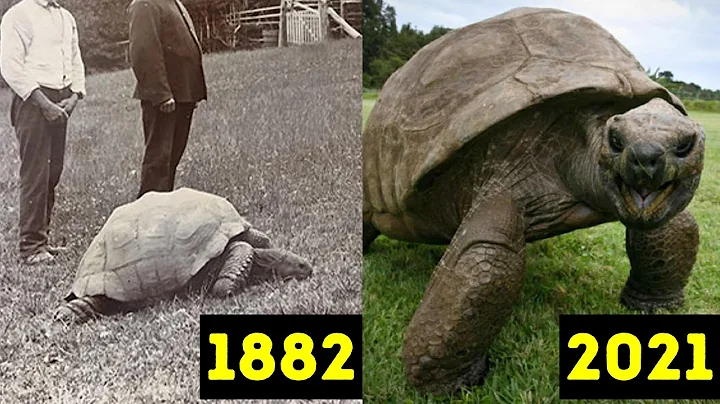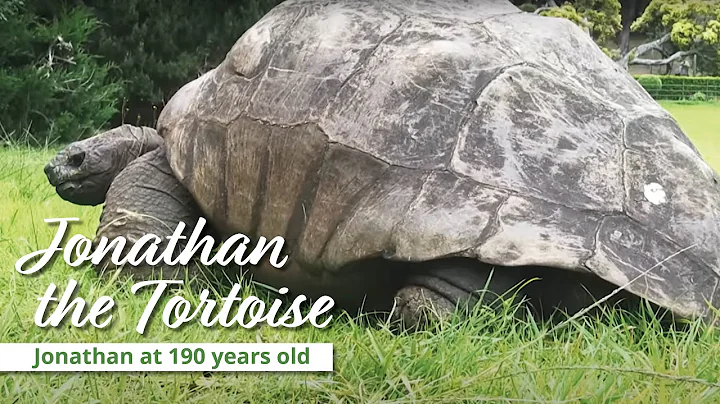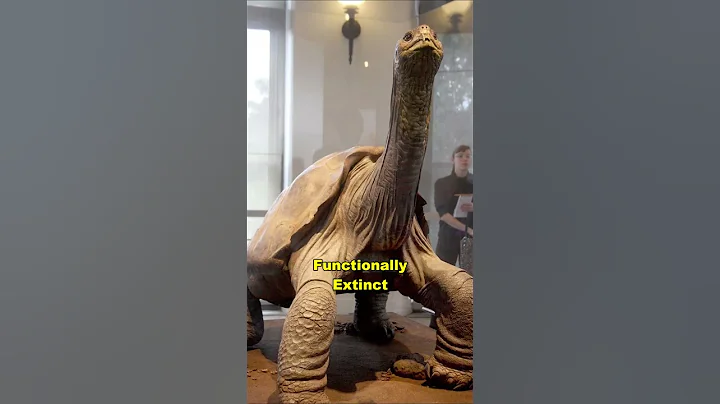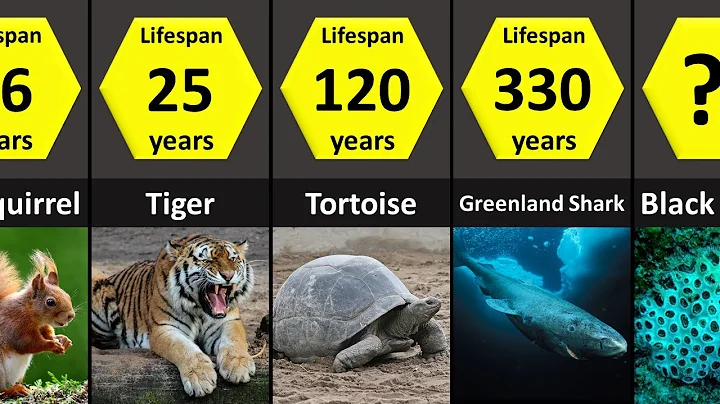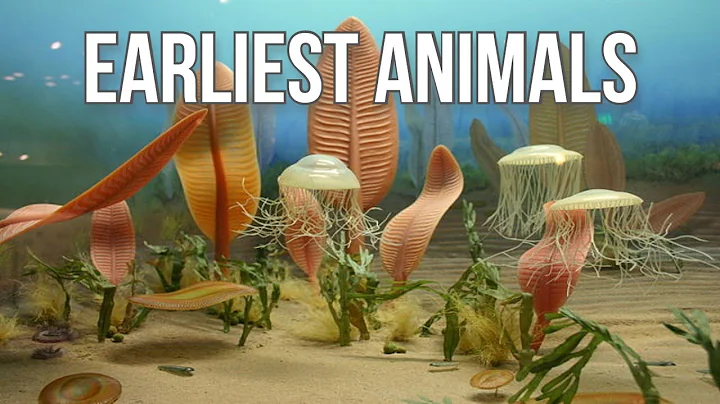
What is the longest-lived animal in the world? Most people should think of tortoises. Indeed, the oldest existing land animal in the world is a Seychelles giant tortoise that lives in the British Overseas Territory St. Helena Island in the Atlantic Ocean. It is 190 years old. age. What is the mechanism by which turtles live long? An international team of 114 scientists reported the most comprehensive study on aging and longevity to date, and found that the key to turtle longevity is its shell.
Zoologists have discovered that after sexual maturity, animals will stop growing and begin to age. As they age, their body functions gradually deteriorate. Aging is inevitable, and human aging will not slow down even if living conditions improve. However, some reptiles and amphibians age slowly and have long lifespans. For example, Danish research found that 75% of 52 species of tortoises and sea turtles living in zoos and aquariums age very slowly, and 80% of them age very slowly. Slower than modern humans.
So far, however, no one has really studied many species in the wild on a large scale. Scientists say we can learn more about human aging if we can understand what makes some animals age more slowly. Scientists used long-term data on 77 species of reptiles and amphibians, all cold-blooded animals, and then compared these data with existing information on warm-blooded animals, and several different ideas about aging emerged.
It is generally believed that cold-blooded animals such as frogs, salamanders and reptiles live longer because they age more slowly. These animals must rely on external temperature to help regulate their body temperature, so their metabolism slows down. Small animals and warm-blooded animals such as mice have faster metabolisms and therefore age faster. Turtles have slower metabolisms and therefore age more slowly. By this logic, cold-blooded animals should have lower metabolisms than warm-blooded animals of similar size.
However, research has found that the aging rate of cold-blooded animals is no slower than that of warm-blooded animals of similar size. Research has even observed that the aging changes in reptiles and amphibians are greater than previously predicted, so the hypothesis does not hold true. Except for sea turtles, which are unique among cold-blooded animals.
Mortality rate at age 100 is no different than at age 10
Scientists support the protective phenotype hypothesis, in which animals with physical or chemical characteristics that confer protection, such as armor, spines, shells, or venom, age more slowly. Longer life. The research team also proved that these protective characteristics do make animals age more slowly.
research speculates that hard shells or weapons may provide protection and promote the evolution of life history. Because these different protection mechanisms reduce animal mortality and avoid being eaten by other animals, they may live longer, leading to slower aging. Even slow enough to be negligible. This is especially true for sea turtles, which are protected by their hard shells and have extremely long lifespans. The
research team observed negligible aging in at least one species of every cold-blooded animal, including frogs and toads, crocodiles and turtles. Negligible means that after the breeding period, the probability of death will not change with age. Even if you are 100 years old, the mortality rate may still be 1%, which is no different from that of 10 years old.
The study also found that animals that start producing offspring later do appear to live longer. While humans may not live to the age of Seychelles giant tortoises, this knowledge may be used to develop treatments to halt human aging. The research was published in the journal Nature.
(First image source: Flickr/5of7CC BY 2.0)





